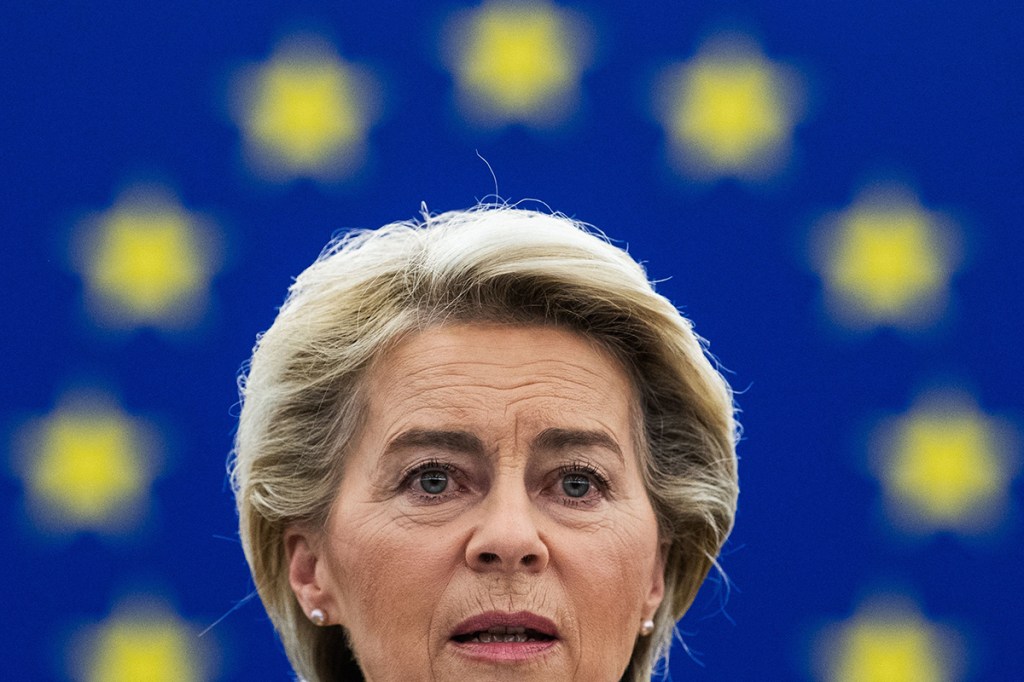The German newspaper Frankfurter Allgemeine Zeitung has been publishing leaks from the European Commission of its Fit for 55 program, a reference to the 55 percent CO2 reduction target for 2030. A critical part of that program is the so-called carbon border adjustment mechanism (CBAM). The idea is to a keep a level playing field with non-EU companies, who may not be subject to the same carbon taxes and fees as EU producers.
The scheme is limited initially to the following sectors: electricity, iron and steel, cement, aluminum and fertilizers. Companies in some sectors will get free allowances, to be phased out over time, to protect them from possibly unfair competition. The tax is a levy on importers. Those not exempt will have to pay for CBAM certificates. The price will be coupled to that of ETS permits. The scheme is due to become operational from 2023, and the receipts are to be used for the repayment of the recovery fund loans. The EU expects to receive revenues of €3 billion ($3.6 billion) a year initially, but substantially more once the free allocation of CO2 rights expires.
What can possibly go wrong? Elisabetta Cornago and Sam Lowe at the Centre for European Reform have taken a deep dive into the CBAM proposals — and see lots of problems. The importers most affected will be Russia and Turkey, followed by China and the UK. European Economic Area countries and Switzerland will be exempt. Exemption is granted if countries agree to integrate their own emissions trading systems with the EU’s.
For small companies, this is going to be a nuclear version of GDPR. Importers have to follow a complex procedure by applying for certificates from a yet-to-be-created CBAM authority. They can purchase them under two pricing schemes, of which one is more costly, and the other more bureaucratic. If they buy too many, they can return only up to 10 percent. The rest are canceled. The scheme comes with much bureaucracy, including for third-party verification of emissions and for the purchase and return of certificates.
The authors say that small companies, and especially start-ups, will be particularly hard hit. Companies less than two years old will have to provide guarantees that they can cover the costs for CBAM certificates for two years. Also, smaller companies have fewer resources to validate the carbon content of their supply chain. In addition, they are most likely to be forced into the more expensive of the two pricing schemes. What this is telling us is that it is a policy made by bureaucrats for lobbyists. New entrepreneurs have no lobbying power in Europe.
We see the CBAM as another tax on creative destruction, and, depending on how it is applied, it could constitute another form of protectionism. By granting free allowances to industry for such a long time, the ultimate consequence is a failure to meet the climate change targets. You can’t hang on to 20th century industries in a climate-neutral 21st century. As we are seeing in Germany, the interests of industry remain the main drivers of policy.
This article was originally published on The Spectator’s UK website.


















